“Elegy for Gabriel Contreras”by Elizabeth Monreal Your blood was the deepest red my town had ever seen But your face remained that of an angel’s, White and soft, untouched by death. The sun kissed your cheek, Not wasting a beam of its light on anything else. You remained golden, you remained bright Even as we died slowly in darkness. Your laughter haunts this town. They say it was like honey, like morning dew. And now all of this has become you: The whisper of rain, the dim glow of fireflies, the fragrance of flowers Adorning the gentle earth that your shadow once touched. Your goodness haunts this town. Your body makes this earth fruitful, But your grave makes all your mourners blind to its beauty. The absence of your soft soul Warming their desolate streets Made a wasteland out of a paradise. This you would not recognize as your town. Your legend echoes from here to Guadalajara And no city escapes you. They named their sons after you, Gabi. Their tears fill up their wells. You keep them nourished even in their melancholy. Here, a foreigner might hear your name Taken by the wind and think you are a god “Is he a martyr? Is he a saint? Who is this Gabriel you all worship so?” You are the last good thing Anyone will ever know of this town. Gabi, if this must be your death, Let it be your last. Because in all the years after, they still tell your story here And you still die at the end of each retelling. But when the melody of your footsteps Walks your mother back home at night, We know the sun will rise once again on this town. Gabriel Contreras Ruiz 24 de marzo 1977 — 30 de abril 1992 Nacido en Cítala, Jalisco, México Gabriel “Gabi” Contreras Ruiz died in a car accident when he was fifteen years old. He was on a class field trip, riding in the trunk of a classmate’s truck with several other classmates. On the way to Teocuitatlán, the truck hit a rock, causing it to flip upside down. All of the children were hurt, but only Gabi passed away. The people of Cítala continue to remember him as a force of goodness in their town.  Elizabeth Monreal is a Mexican-American writer who lives in Las Vegas, Nevada. She is currently studying Secondary Education at Nevada State University. In her free time, she enjoys writing, reading, playing the violin, and sleeping (when she has the chance).
0 Comments
AVE ATQUE VALE |
Archives
July 2024
Categories
All
|
Donate and Make Literature Happen
is published by the Somos En Escrito Literary Foundation,
a 501 (c) (3) non-profit, tax-exempt corporation. EIN 81-3162209




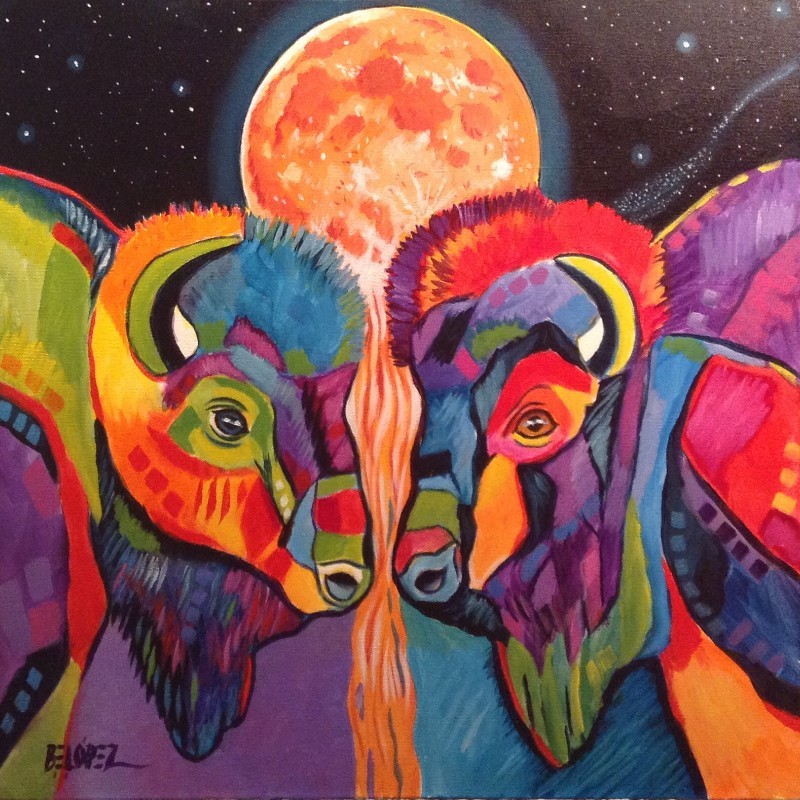
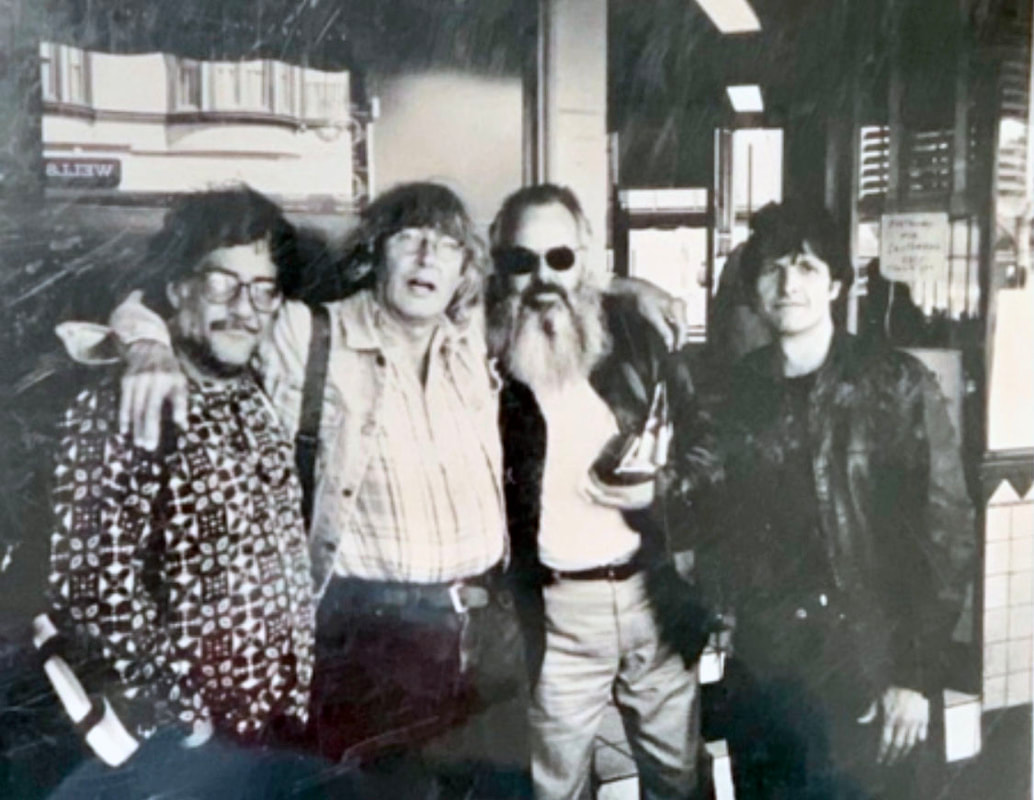












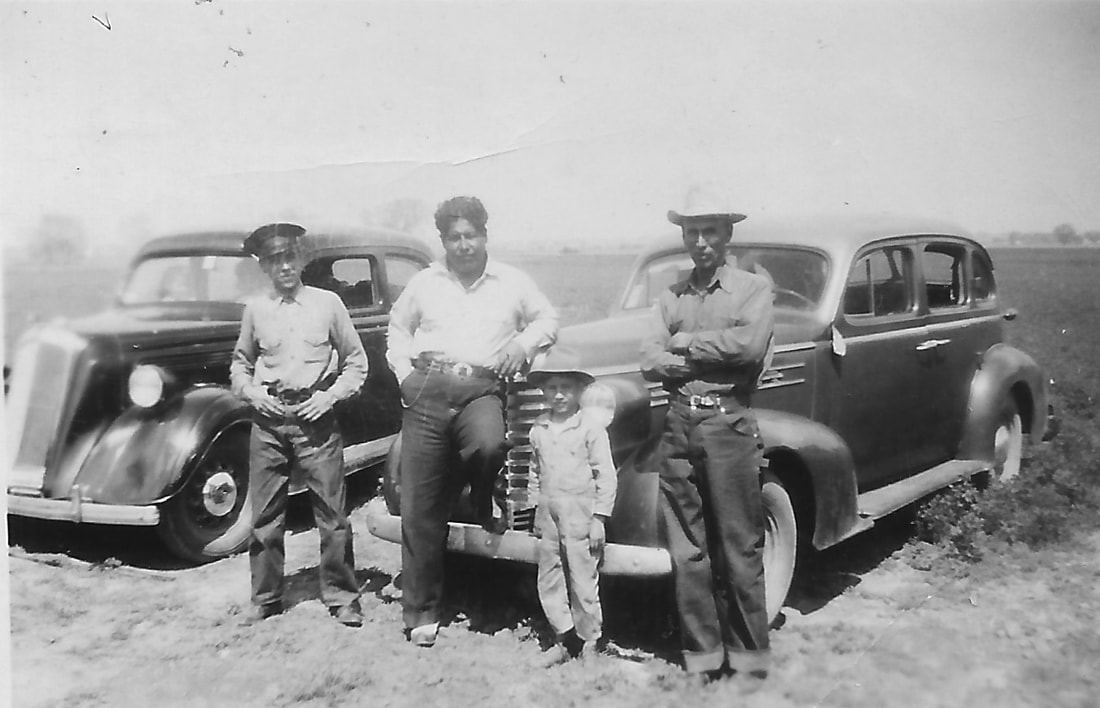
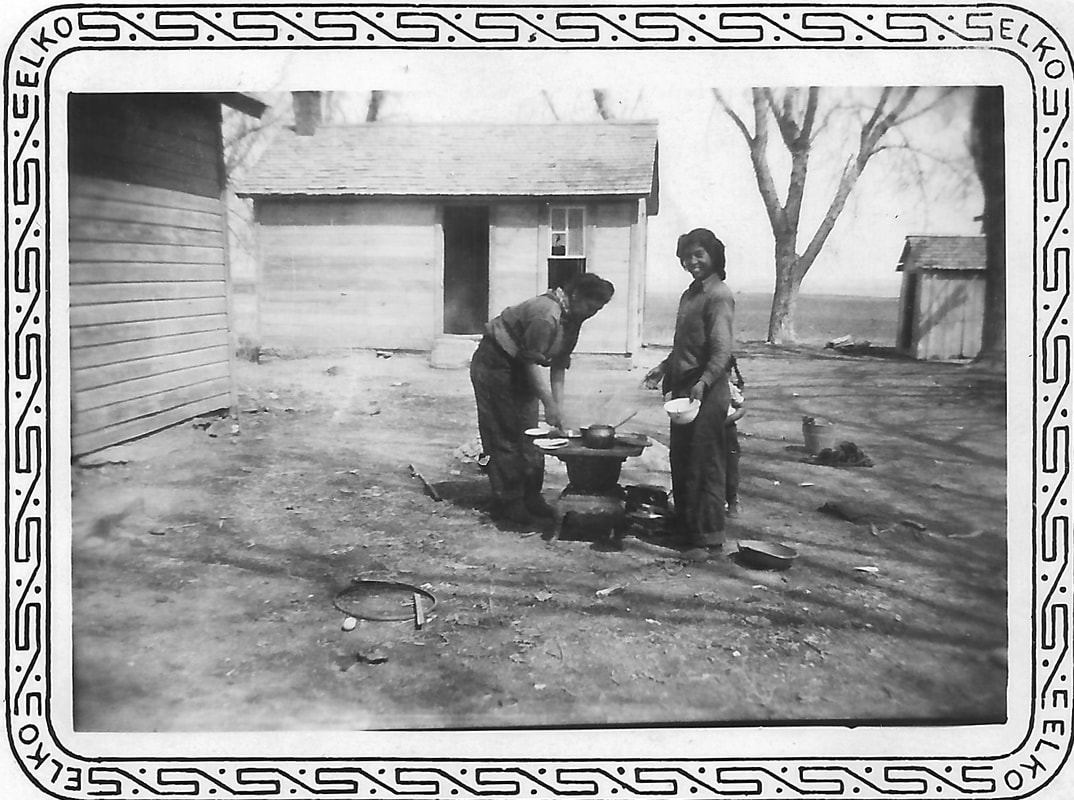
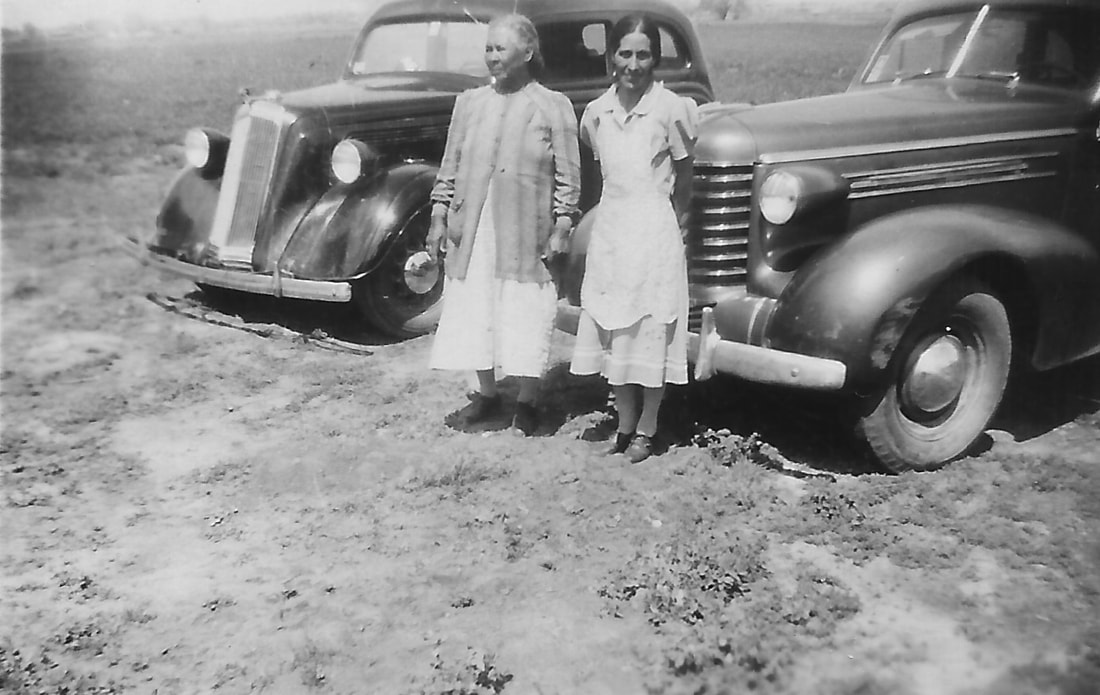
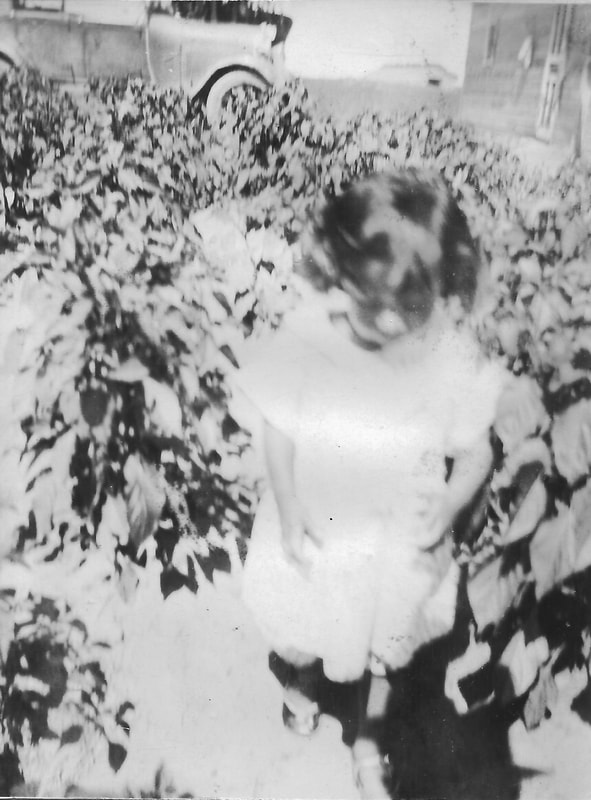

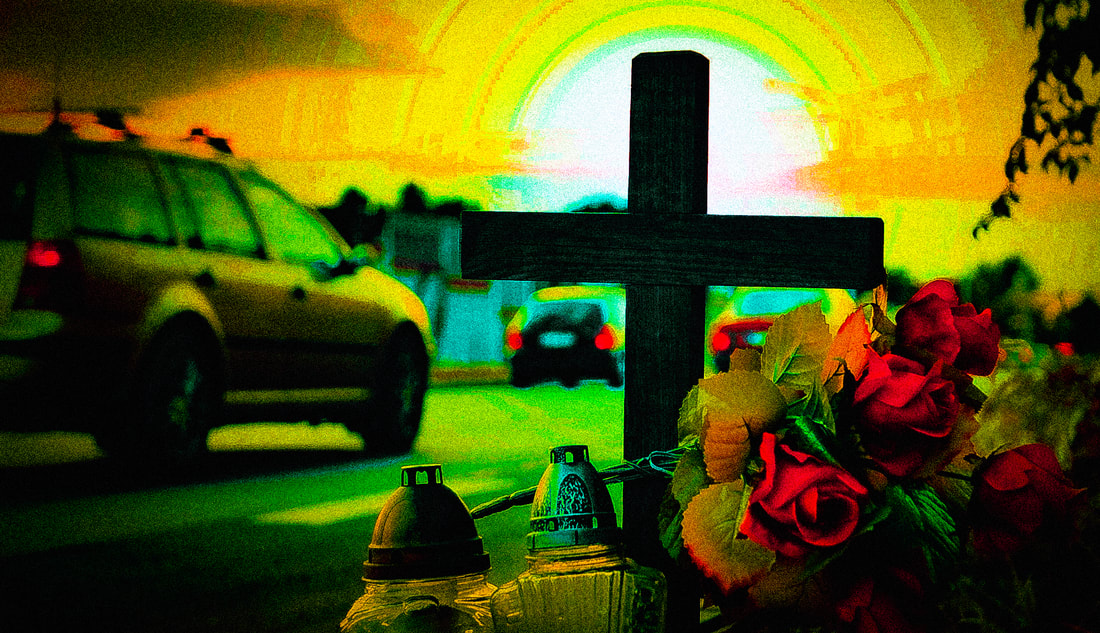

 RSS Feed
RSS Feed